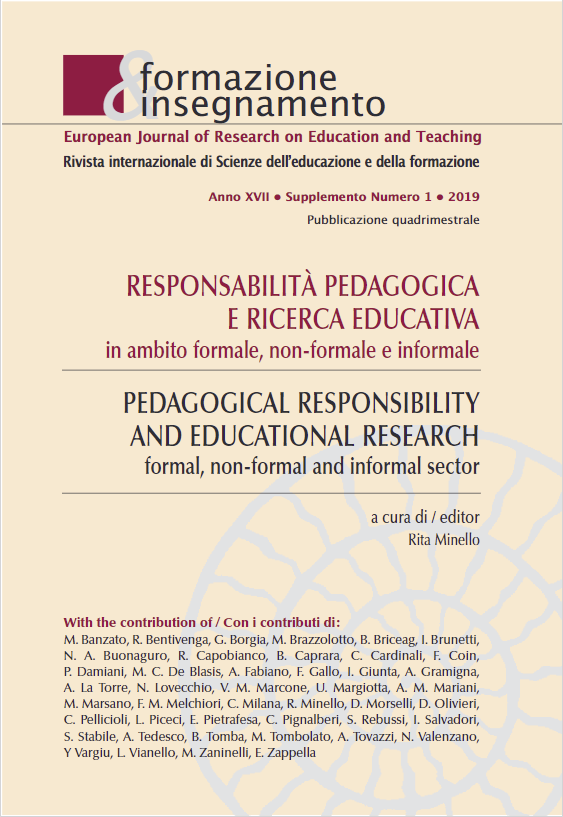The historical process of globalization and the unifying ideas that lead to planetary citizenship
Keywords:
Globalization, Citizenship, Education, Complexity, Development, SustainabilityAbstract
Today we live in a complex society, where social, ethical and political dynamism bring out various difficulties in the management of educational and relational dynamics. The phenomenon of globalization brings into being various questions related to social, political and educational dynamics. First to emerge is the question of the relationship between people and political institutions, whereby experts ask themselves whether the ongoing process of globalization is truly realizing the cosmopolitan ideal sustained by the Enlightenment intellectuals pre and post-World War II. Globalization, the theme of citizenship, the sense of belonging and active participation in society resonates strongly. One wonders if we can really consider ourselves as full citizens of the world. “Planetary” citizenship is such because as a member of a community, not only for moral connotations but also for what concerns the rights of the human being; first of all, the right to well-being, and access to all that allows man to emancipate himself and to live in the world with dignity. Today, globalization highlights an idea of citizenship and that of a person tending to take on new forms within the changing scenarios of the world. Everything seems to revolve around a global thought. It is in this context that education is required to meet the challenges of forming citizens of a new world. According to the prospect of globalization that therefore requires a new Paideia (Salmeri 2015) for authentic planetary citizenship.
Downloads
Published
How to Cite
Issue
Section
License
Copyright (c) 2019 Pensa MultiMedia

This work is licensed under a Creative Commons Attribution 4.0 International License.
Formazione & insegnamento is distributed under Attribution 4.0 International (CC BY 4.0).
For further details, please refer to our Repository & Archiving Policy, as well as our Copyright & Licensing Terms.





